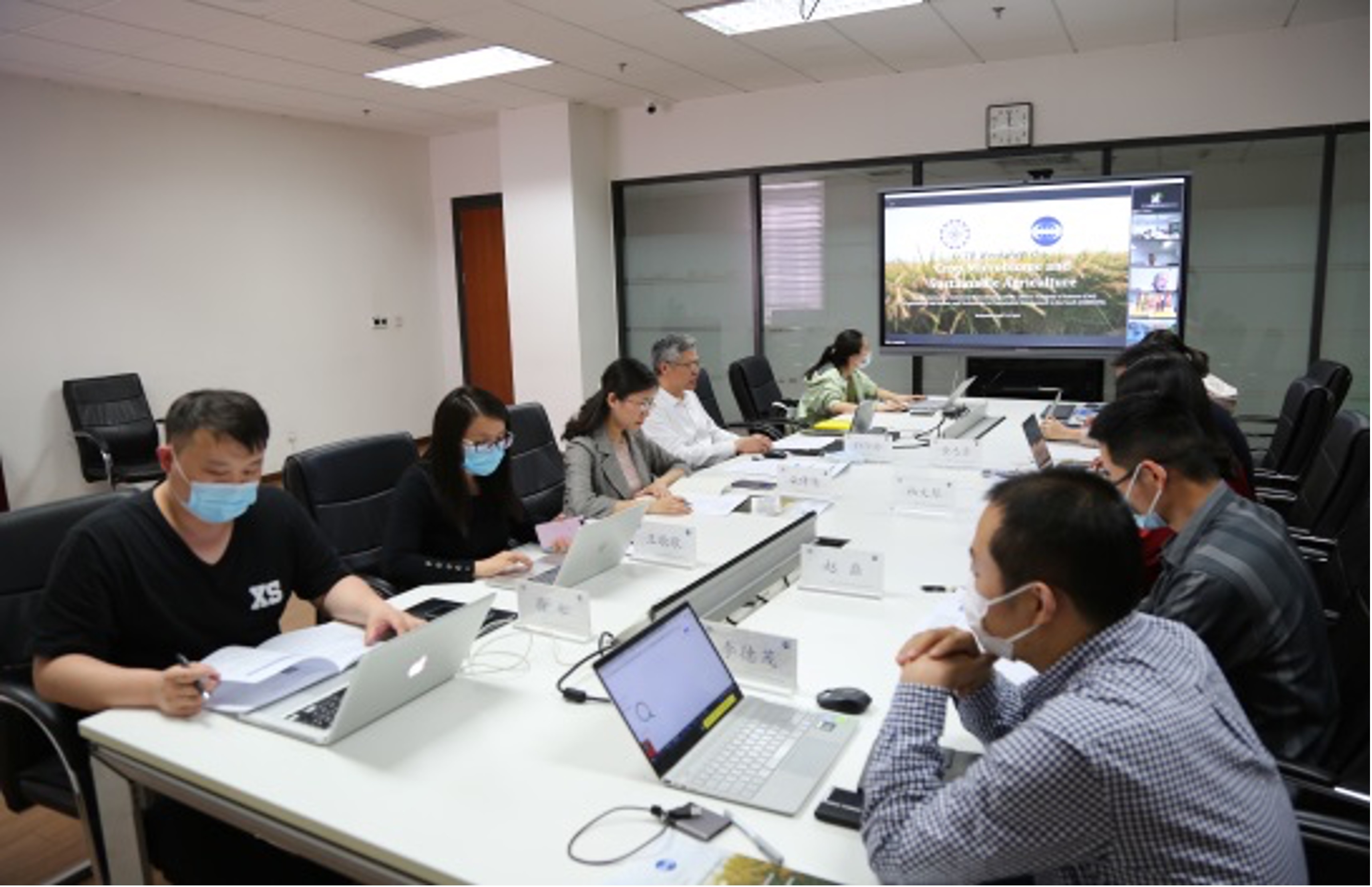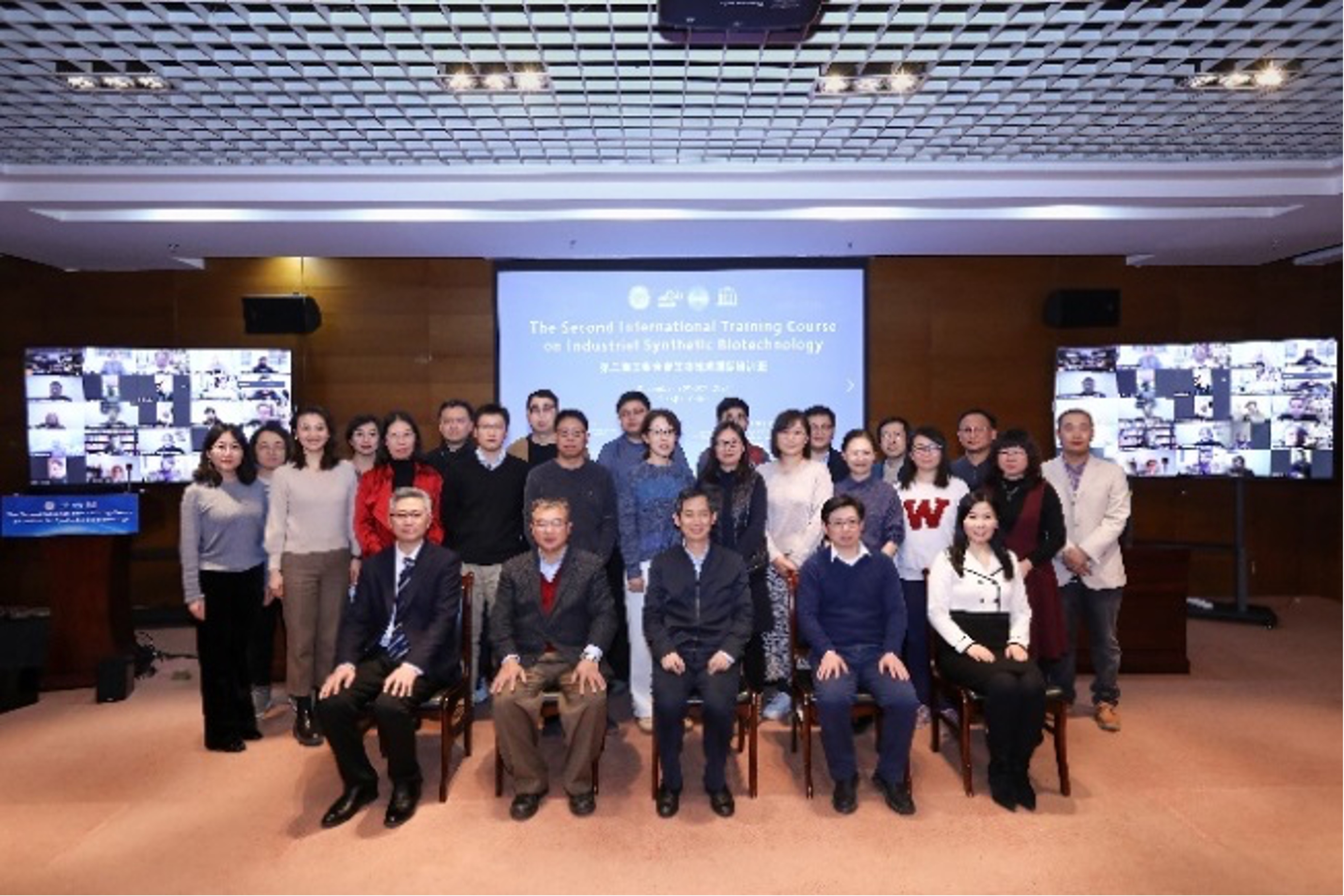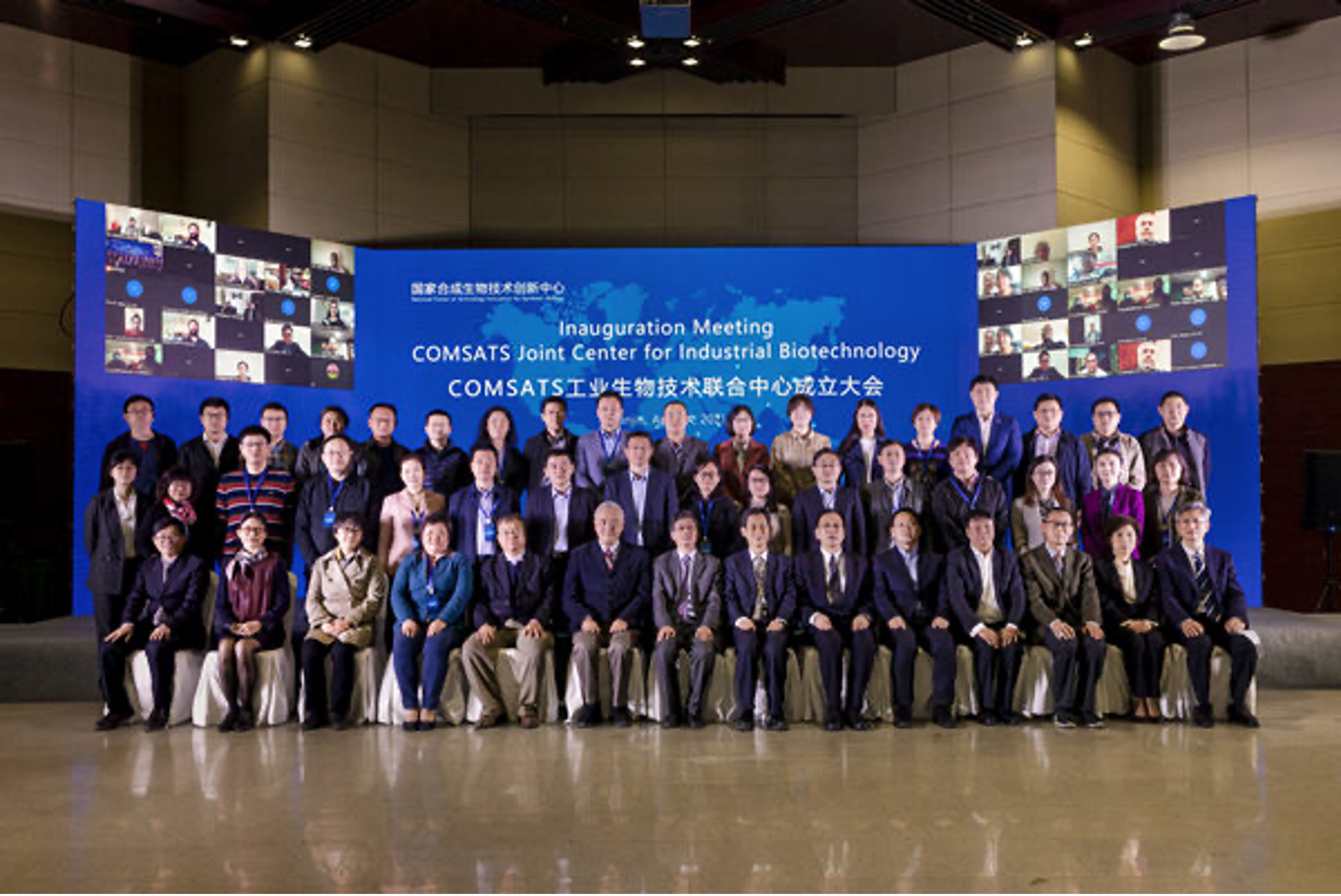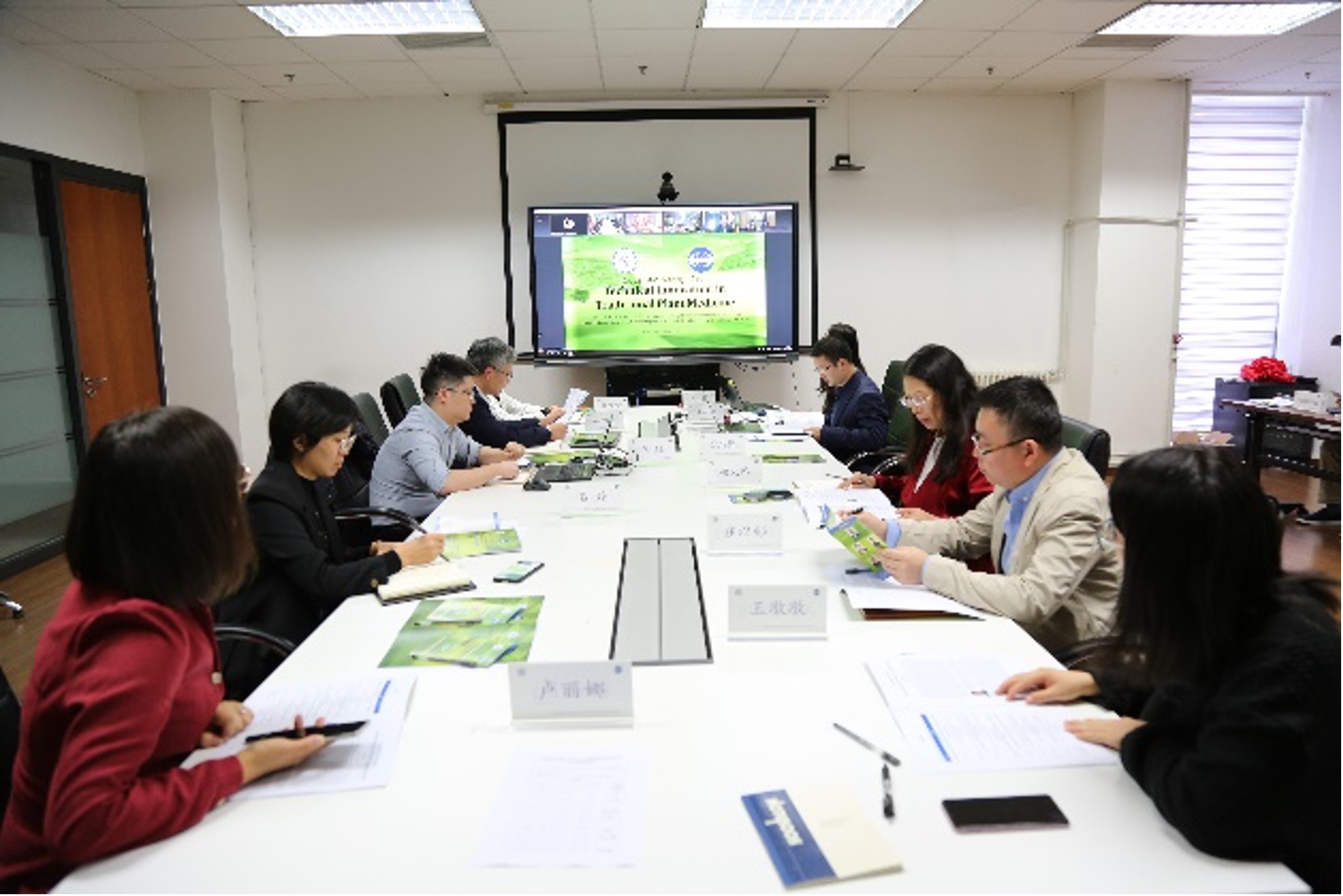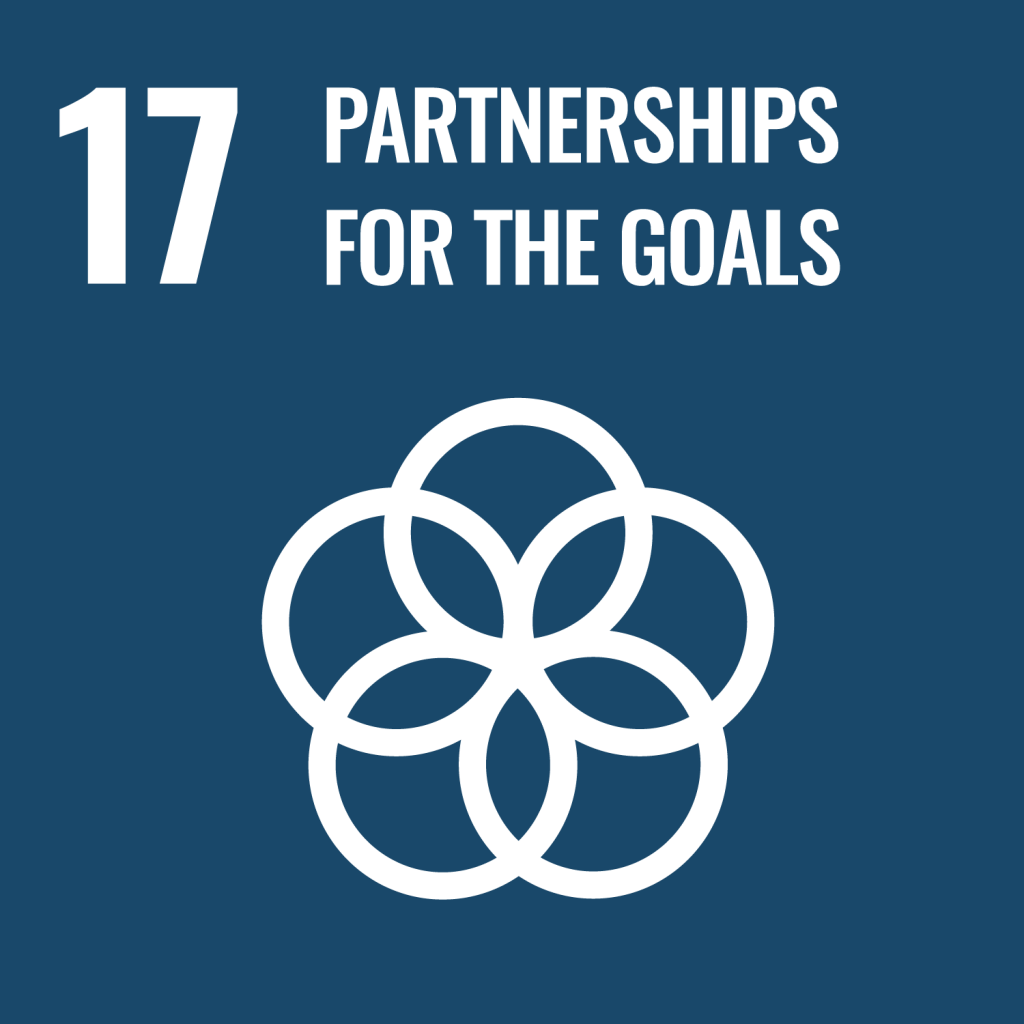 COMSATS Joint Centre for Industrial Biotechnology
Promoting meaningful South-South and triangular cooperation in industrial biotechnology
COMSATS Joint Centre for Industrial Biotechnology
Promoting meaningful South-South and triangular cooperation in industrial biotechnology

Challenges
Poverty, food insecurity, inadequate health care, climate change and other issues have hampered the ability of countries in the Global South to achieve sustainable socio-economic growth. These challenges cannot be addressed without conscious efforts on education, science, technology, indigenous research and development and innovation in various areas of science and technology, particularly in industrial biotechnology.
Industrial biotechnology, characterized by clean and efficient processes, starting from renewable raw materials that are plentiful in the Global South, could provide an important solution to solve sustainability problems and create a green mode of economic growth. Developing countries must pool their human, financial and technological resources to forge concerted international cooperation in these areas, to tackle the key challenges hampering the sustainable development and to create a greener, healthier, more pros- perous and inclusive world.
Towards a Solution
In order to promote meaningful cooperation among developing countries, particularly COMSATS’member States, in industrial biotechnology, the COMSATS Joint Center for Industrial Biotechnology (CCIB) was established on 14 April 2021, at the Tianjin Institute of Industrial Biotechnology (TIB), CAS, under the framework of the National Center of Technology Innovation for Synthetic Biology (NC SynBio) of China.
CCIB aims to address the challenges of poverty, hunger and food insecurity, diseases, energy crisis and environmental problems in an effective manner by facilitating collaborative research and development activities, academic exchanges, personnel training, science and technology consulting services and technology transfer among the COMSATS member States with substantial support from the NC SynBio, to contribute towards the following Sustainable Development Goals (SDGs): 1. No Poverty; 2. Zero Hunger; 3. Good Health and Well-being; 7. Affordable and Clean Energy; 9. Industry, Innovation and Infrastructure; 12. Responsible consumption and production; and 17 Partnerships for the Goals.
CCIB is an open and shared platform, ensuring the participation of relevant scientists, experts and policymakers in concerted activities addressing the common demands in the South. The participatory process is guided by CCIB management structure, including a Secretary Office, a Consultative Committee (CC), a Technical Advisory Committee (TAC) and question-driven Joint R&D Groups (JRDGs), all of which have representatives from various developing countries, and sustainability is guaranteed by the NC SynBio.
As one of the joint centres to promote South-South and Triangular Cooperation, the NC SynBio provides CCIB with unique technology innovation infrastructure, including: 1. sharing NC’s state-of-the-art core facilities; 2. sharing NC’s financial resources from the Chinese national and local government and NC-associated or non-associated social capitals; 3. sharing NC’s innovation network for technology development (academic network) and technology transfer (industrial network); and 4. sharing intellectual properties generated from the joint activities. The participants bring their unique questions, get involved in the concerted R&D activities organized by NC, get their outcomes industrialized globally with the help of NC and get trained and profit from the process.
Under the robust support of NC SynBio, 14 young visiting scholars were funded; five high-level joint R&D projects were initiated, which involved over 10 research teams from the member countries; 4. Science Citation Index papers were/are to be published while 2 patents have been applied. Several technologies including biofertilizer and biopesticides, microbial production of plant natural products, anaerobic treatment of organic wastes and enzymatic textile processing are being demonstrated in the member States to address sustainable development problems encountered in agriculture, medicine, energy and the environment.
CCIB significantly contributes towards capacity-building in developing countries. To date, two workshops have been organized on biomedicine and bio-agriculture respectively. During these events, 11 well-known scholars from member countries were invited to introduce the latest progress in related areas, while about 150 participants from nearly 20 countries participated, enhancing mutual understanding and laying a robust foundation for future cooperation. Moreover, CCIB organized a ten-day training course in December 2021, in which 78 researchers (trainees) from 17 developing countries received high-level training in diverse frontier technologies in synthetic biology and biotechnology. CCIB plans to continue organizing such workshops and training regularly in the future.
CCIB recommended five organizations, including ICCBS-Pakistan, NRC-Egypt, KazNU-Kazakhstan, IROST-Iran and NAS-Belarus to join the Biomanufacturing Industry (Talent) Alliance, a networking platform to facilitate cross-border Industry-University-Research cooperation in the biomanufacturing industry and talent exchanges.
CCIB is also active as a think tank to provide consultation service for the development of biotechnology and bio-industry in the developing countries. CCIB is carrying out surveys on the status of industrial biotechnology and bioindustry in member countries with the coordination/support of the COMSATS Secretariat to serve for demand-driven S&T cooperation and transformation of applied technology.
With these innovative mechanisms and strong support of the NC SynBio, the CCIB can catalyse solid collaboration in the South. This model can easily be replicated in other areas.
Contact Information
Countries involved
Supported by
Implementing Entities
Project Status
Project Period
URL of the practice
Primary SDG
Primary SDG Targets
Secondary SDGs
Secondary SDG Targets
Similar Solutions
| NAME OF SOLUTION | Countries | SDG | Project Status | |
|---|---|---|---|---|
100% Online Electronic Apostille and Legalization Sharing Colombia’s effective e-government system with other countries in the region |
Bangladesh, China, Colombia, Democratic People's Republic of Korea, Egypt, Gambia (Republic of The), Ghana, Iran (Islamic Republic of), Jamaica, Jordan, Kazakhstan, Morocco, Nigeria, Pakistan, Philippines, Senegal, Somalia, Sri Lanka, State of Palestine, Sudan, Tunisia, Türkiye, Uganda, Yemen, Zimbabwe | 16 - Peace and Justice Strong Institutions | Completed | View Details |
360-Degree Awareness Tool to Fight COVID-19 Raising awareness and ensuring public wellbeing through a one-stop platform for fighting COVID-19 in Bangladesh |
Bangladesh, China, Colombia, Democratic People's Republic of Korea, Egypt, Gambia (Republic of The), Ghana, Iran (Islamic Republic of), Jamaica, Jordan, Kazakhstan, Morocco, Nigeria, Pakistan, Philippines, Senegal, Somalia, Sri Lanka, State of Palestine, Sudan, Tunisia, Türkiye, Uganda, Yemen, Zimbabwe | 16 - Peace and Justice Strong Institutions | Ongoing | View Details |
A-Card Initiative |
Bangladesh, China, Colombia, Democratic People's Republic of Korea, Egypt, Gambia (Republic of The), Ghana, Iran (Islamic Republic of), Jamaica, Jordan, Kazakhstan, Morocco, Nigeria, Pakistan, Philippines, Senegal, Somalia, Sri Lanka, State of Palestine, Sudan, Tunisia, Türkiye, Uganda, Yemen, Zimbabwe | 10 - Reduced Inequalities | Completed | View Details |
Accelerating Digital Transformation in All Ministries in Bangladesh Promoting the rapid design and implementation of plans to digitize all ministries and subordinate government institutions in Bangladesh |
Bangladesh, China, Colombia, Democratic People's Republic of Korea, Egypt, Gambia (Republic of The), Ghana, Iran (Islamic Republic of), Jamaica, Jordan, Kazakhstan, Morocco, Nigeria, Pakistan, Philippines, Senegal, Somalia, Sri Lanka, State of Palestine, Sudan, Tunisia, Türkiye, Uganda, Yemen, Zimbabwe | 10 - Reduced Inequalities | Ongoing | View Details |
Accelerating the Transformational Shift to a Low-Carbon Economy in Mauritius Towards supplying 35 percent of the country’s energy needs with renewables by 2025 |
Bangladesh, China, Colombia, Democratic People's Republic of Korea, Egypt, Gambia (Republic of The), Ghana, Iran (Islamic Republic of), Jamaica, Jordan, Kazakhstan, Morocco, Nigeria, Pakistan, Philippines, Senegal, Somalia, Sri Lanka, State of Palestine, Sudan, Tunisia, Türkiye, Uganda, Yemen, Zimbabwe | 05 - Gender Equality 09 - Industry, Innovation and Infrastructure 13 - Climate Action | Ongoing | View Details |
